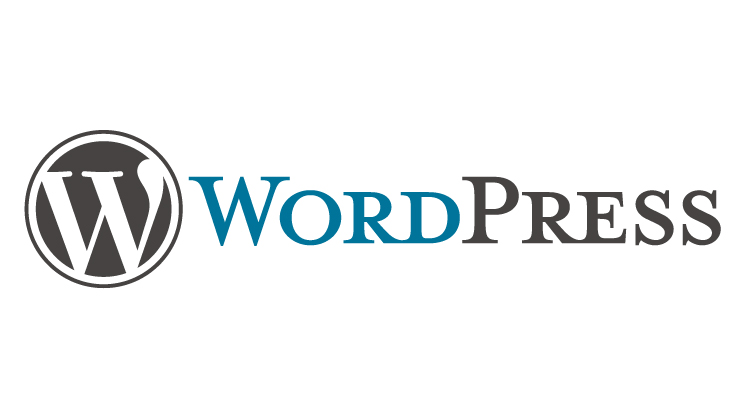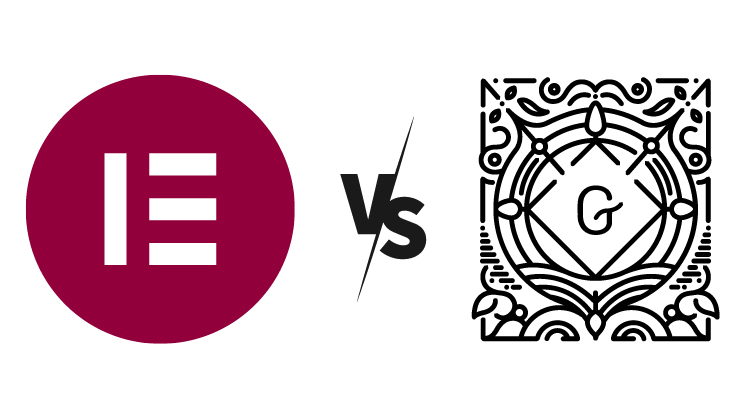Elementor vs Gutenberg: Which Builder is Best for an Online Booking Plugin Website
Online booking plugins have become essential for businesses across industries – from restaurants to salons, hotels to fitness classes. These plugins allow customers to self-schedule appointments and reservations through an interactive booking interface on the website.
With the two popular WordPress page builders, Elementor and Gutenberg, each has its own different approach. So, which is better suited for building a custom online booking experience as a plugin?
In this comparative guide, we will compare the key factors to consider when choosing between Elementor or Gutenberg to design an online booking plugin website.
The Rise of Online Booking Plugin Websites
Let’s first understand why an online booking plugin has become critical:
- Convenience – Customers can book 24/7 instead of calling during business hours
- Efficiency – Automated bookings reduce admin workload by 60%
- Flexibility – Customers can reschedule or cancel online easily
- Revenue – Online booking can increase revenue by up to 30%
With these benefits, it’s no surprise that the online booking software market is projected to reach $35B globally by 2026.

For WordPress developers, an opportunity exists in providing a customized online booking plugin. This is where the page builder comes in.
Elementor’s Benefits for Online Booking Interfaces
Elementor is designed for quickly building complex, custom interfaces visually. This aligns well with creating a booking plugin.
Intuitive Drag and Drop Interface Builder
With Elementor, developers can visually design multi-step booking forms, interactive calendars, and custom layouts without touching code. The drag and drop interface make arranging elements quick and easy.
From the media library, once you organize WordPress files and documents into folders, it will be super easy to publish them as a WordPress image gallery and document library on the front end.
Responsive Mobile-Ready Display

Booking interfaces must work seamlessly on mobile devices. With Elementor’s responsive design tools, developers can fine-tune how booking components adapt across all devices. The fine-tuning will ensure a flawless booking experience for customers on both mobile and desktop.
Animation for Visual Engagement
Animations, micro-interactions and scrolling effects can increase engagement as users navigate through booking steps. Elementor’s animation effects like slide, fade, zoom, and bounce make it easy to add visual flair to improve the booking flow.
Custom Widgets and Templates

Reusable widgets for booking components like service menus, calendars, and multi-page forms speed up the development process. Template kits tailored for booking businesses also provide an efficient starting point.
Intuitive Revision History
As booking interfaces get iterated on, Elementor’s revision history allows easy rolling back to previous versions. This aids development of booking plugins.
Vibrant Community Forum
With an active community forum, developers can tap into the knowledge of thousands of users for solutions to booking use cases or to get feature requests.
Overall, Elementor provides an efficient platform for turning online booking concepts into reality without deep coding skills. Next let’s look at Gutenberg.
Gutenberg’s Strengths for Online Booking Plugin Development
As the new default WordPress editor, Gutenberg differs from Elementor but has advantages for plugin creators:
Built for WordPress
Gutenberg perfectly integrates with core WordPress concepts like custom post types, metadata, user roles, and templates. This helps manage booking data, permissions, and content display.
Performance Optimization

Gutenberg’s lightweight approach renders only the blocks needed for each page. By avoiding loading unnecessary JavaScript, this keeps booking interfaces lean, fast, and optimized.
React Components for Advanced Functionality
For developers proficient in JavaScript, Gutenberg provides great flexibility for adding advanced functionality into the online booking plugin website through React components. Custom components for interactive calendars, dynamic pricing, etc. can be created.
Leveraging the WordPress Dashboard

With deep integration into the WordPress dashboard, booking data and configuration options can be directly accessed. Moreover you can modify it from the admin area to enable easy management.
Open Source Ecosystem
Many open-source blocks for common needs like calendars, forms, grids, etc. already exist, allowing quickly integrating proven solutions then customizing as needed.
In summary, Gutenberg allows steadily expanding powerful booking functionality while leveraging WordPress concepts web developers are familiar with.
Verdict: Elementor or Gutenberg for Online Booking Plugin

Based on the differences, here are suitable use cases for each:
Elementor is recommended when:
- Quickly prototyping complex booking interfaces is critical
- The development of an online booking plugin team has more design than coding expertise
- Pixel-perfect, customizable UI/UX is important
- High user engagement via animations and visuals is a priority
Gutenberg is preferable when:
- A lightweight booking plugin with basic functionality is needed
- Developers are very proficient with React and JavaScript
- Leveraging WordPress concepts like post types and metadata is beneficial
- A modular approach aligns with long-term plans to expand features
Conclusion
An online booking plugin requires smooth, intuitive interfaces to drive adoption and usage. Elementor simplifies bringing dynamic, interactive booking interfaces from concept to reality. While Gutenberg offers a solid foundation, its limitations for page customization and built-in interactivity make it harder to create seamless booking experiences without extensive React development.
With its visual interface builder and design-first approach, Elementor provides an efficient platform for delivering an efficient booking plugin UI without extensive coding skills. Its responsive design, custom widgets, and animation capabilities streamline booking form development.
Recommendation
For these reasons, the recommendation is to build an online booking plugin in WordPress using Elementor as the page builder. Gutenberg remains a feasible alternative depending on the project scope, timeline, and capabilities of the development team.
To wrap things up, carefully consider the booking interface and functionality needs along with available resources when deciding between Elementor and Gutenberg. Each can build capable booking plugins, but Elementor’s design flexibility better equips it for the highly customized, engaging experiences users expect.